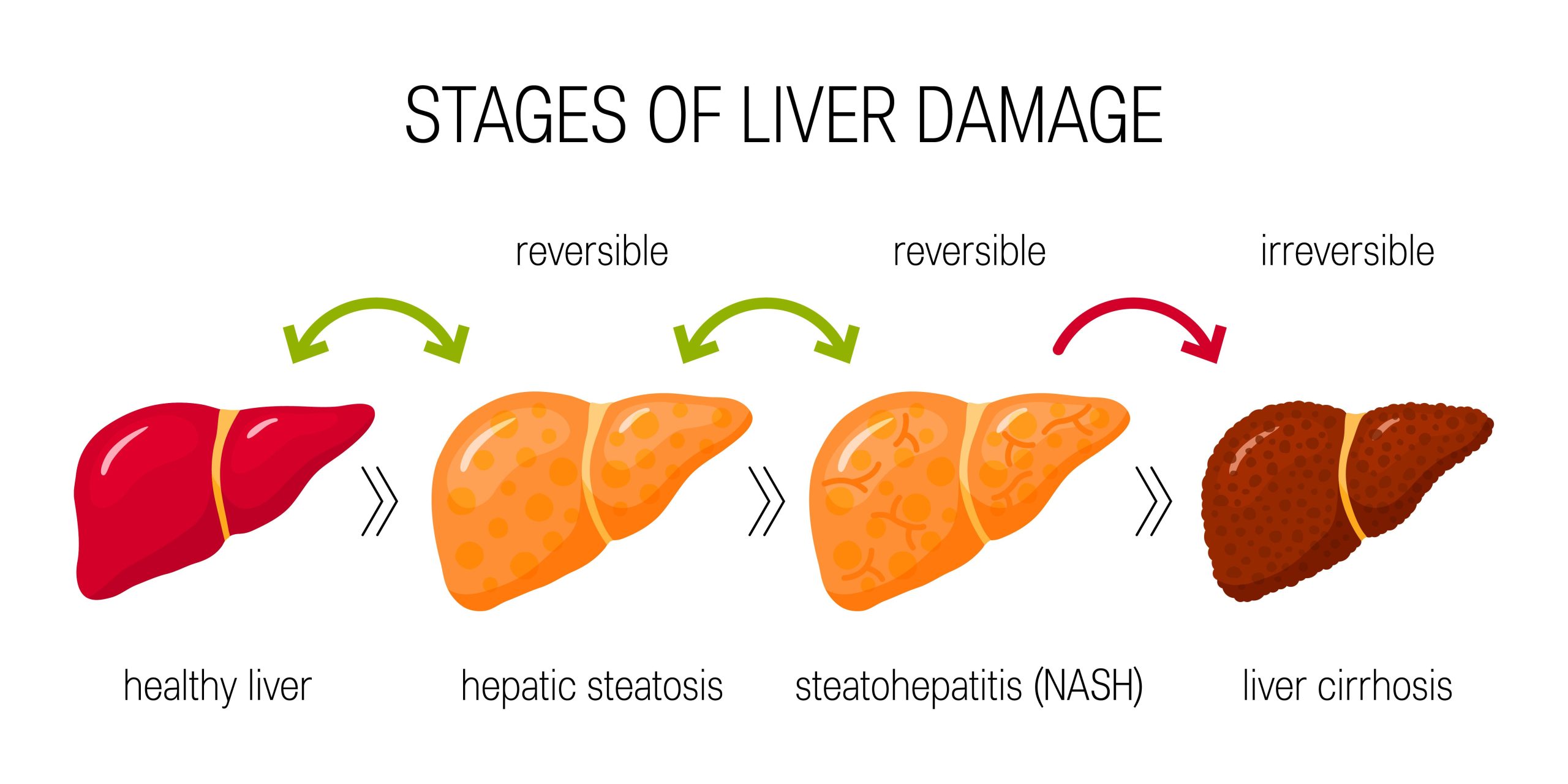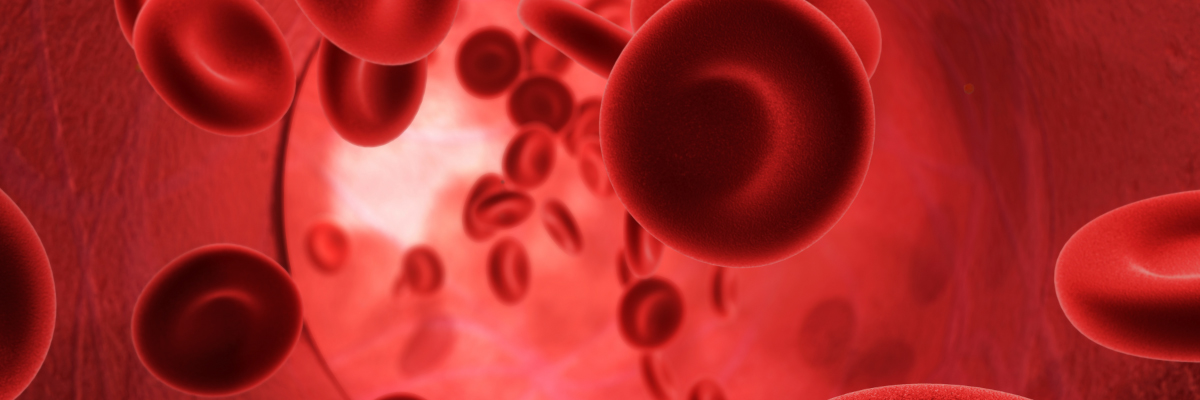How the Gut-Brain-Liver Axis Impacts Your Heart Health
Many people are familiar with the dramatic idea that stress can lead to a heart attack, thanks to TV dramas and medical news. But what if I told you that your heart is influenced by an even more complex web of connections involving your gut, brain, and liver? It’s true! This intricate network, often overlooked, plays a crucial role in cardiovascular health. Let’s unravel the fascinating connections between these systems and discover how they impact your heart.
1. The Brain-Heart Connection: More Than Just Stress
The brain-heart axis is an intriguing link between your central nervous system (CNS) and cardiovascular system. It’s not just about feeling stressed out; this connection involves complex neuroinflammatory processes in the brainstem.
Research has revealed that inflammation and oxidative stress in the brain can contribute to high blood pressure and other cardiovascular issues. For instance, chronic stress has been linked to higher levels of inflammation and plaque build-up in the arteries, which can increase the risk of heart disease.
Brain-derived neurotrophic factor (BDNF) is a key player in this connection. BDNF supports brain function and is linked to cardiovascular health. Lower levels of BDNF, along with certain genetic variations, are associated with a higher risk of cardiovascular diseases (CVD). BDNF levels can potentially serve as a biomarker for assessing cardiovascular risk and guiding treatment strategies. Keeping your brain in balance means less chronic stress, which is a major win for your heart health.
The brain-heart connection is a two-way relationship. While the brain influences heart health through stress, inflammation, and BDNF levels, the heart also impacts the brain. Cardiovascular diseases can lead to impaired cognition, white-matter damage, and dementia due to reduced blood flow or vascular issues. This bidirectional link highlights the importance of maintaining both heart and brain health, as the well-being of one directly affects the other.
2. The Liver-Heart Axis: A Hidden Link
The liver-heart axis highlights a fascinating interplay between liver health and cardiovascular risk. Non-alcoholic fatty liver disease (NAFLD) can lead to metabolic disturbances, systemic inflammation, and altered lipid metabolism, all of which increase cardiovascular disease risk. NAFLD is associated with elevated levels of small dense LDL and VLDL, which contribute to atherosclerosis and coronary artery disease (CAD).
People with NAFLD often exhibit higher levels of inflammatory markers such as high-sensitive C-reactive protein (hsCRP) and tumor necrosis factor α (TNF-α). This suggests that a healthy liver is crucial for managing cholesterol levels and reducing inflammation, directly supporting heart health.
3. The Gut-Heart Axis: Microbes and Metabolism
The gut-heart axis might sound like a sci-fi plot, but it’s real and incredibly important. Your gut microbiota—trillions of tiny microbes living in your digestive system—significantly influences cardiovascular health. Research has shown that an imbalance in gut bacteria, known as dysbiosis, can increase intestinal permeability, allowing harmful substances like lipopolysaccharides (LPS) to enter the bloodstream and trigger systemic inflammation. This inflammation is a critical factor in cardiovascular disease development.
Studies have also shown that individuals with a more diverse gut microbiome have a lower risk of cardiovascular disease. This highlights how gut health impacts lipid metabolism and insulin sensitivity, further influencing cardiovascular risk.




4. Circulation and the Heart: Keeping Everything Flowing
Your heart doesn’t work alone; it’s part of a larger circulatory system that needs to function seamlessly. When we talk about circulation, it’s not just about blood flowing through your veins. It's about how well nutrients and oxygen are delivered to your cells, how waste products are removed, and how your body responds to various stressors.
Healthy blood vessels are soft and flexible, allowing blood to flow smoothly and supply organs with oxygen and nutrients. However, arteries can harden and narrow with age due to plaque buildup, which can increase the risk of heart attack and stroke. Damaged or narrowed vessels can also lead to high blood pressure, putting strain on the heart.
Maintaining the health of blood vessels and ensuring proper blood flow are crucial for heart health. This involves not only supporting healthy circulation but also optimizing healing. However, if underlying imbalances—such as chronic inflammation, oxidative stress, or poor metabolic health—persist, the healing process becomes compromised. Therefore, maintaining the overall balance and health of the gut-brain-liver axis is essential to create a conducive environment that supports healing and protects your heart.
Hydration and Circulation
Adequate consumption of clean, safe, and healthy water is essential for maintaining good circulation. Water helps to keep your blood at the right consistency, which is vital for the smooth flow of blood throughout your body. Dehydration can lead to thicker blood, which makes it harder for your heart to pump and can increase the risk of clot formation. Staying well-hydrated supports your kidneys in filtering waste from the blood and helps to regulate body temperature, both of which are important for cardiovascular health.
In addition to water, other lifestyle factors like regular physical activity, a balanced diet rich in fruits, vegetables, whole grains, and fiber, and avoiding smoking can significantly contribute to maintaining healthy circulation and overall cardiovascular health. Regular exercise helps to keep the blood vessels flexible and promotes good circulation. A diet high in antioxidants and healthy fats can help reduce inflammation and plaque buildup in the arteries.
By taking a holistic approach to your health and focusing on the interconnectedness of your body's systems, you can better support your heart and keep your circulatory system functioning smoothly.
5. Conclusion: Restoring Balance for Heart Health
Before we wrap up, don't forget to check out our supplements page to learn about products that can help restore balance within the gut-brain-liver axis, supporting heart health by addressing the intricate interactions between these systems.
It’s not just about managing stress or cholesterol levels; understanding and optimizing these connections can lead to better prevention and treatment strategies for cardiovascular diseases. So, the next time you think about heart health, remember that maintaining balance across these vital systems is key to keeping your heart in top shape.
Return to:


